Supernatural Powers? Tales of 10 Historical Predictions
Astrologer's Board & Future Sights

Researchers have discovered what may be the earliest known astrologer's board, dating to more than 2,000 years ago, a time in which astrology was just beginning to take off in the western world. However, as history shows, the idea of using supernatural powers to predict the future is one that goes far back into antiquity. LiveScience explores how world leaders, from ancient times to the 20th century, were often a focal point of these predictions. [Read full story]
Wu Ding / 'There will be calamities'
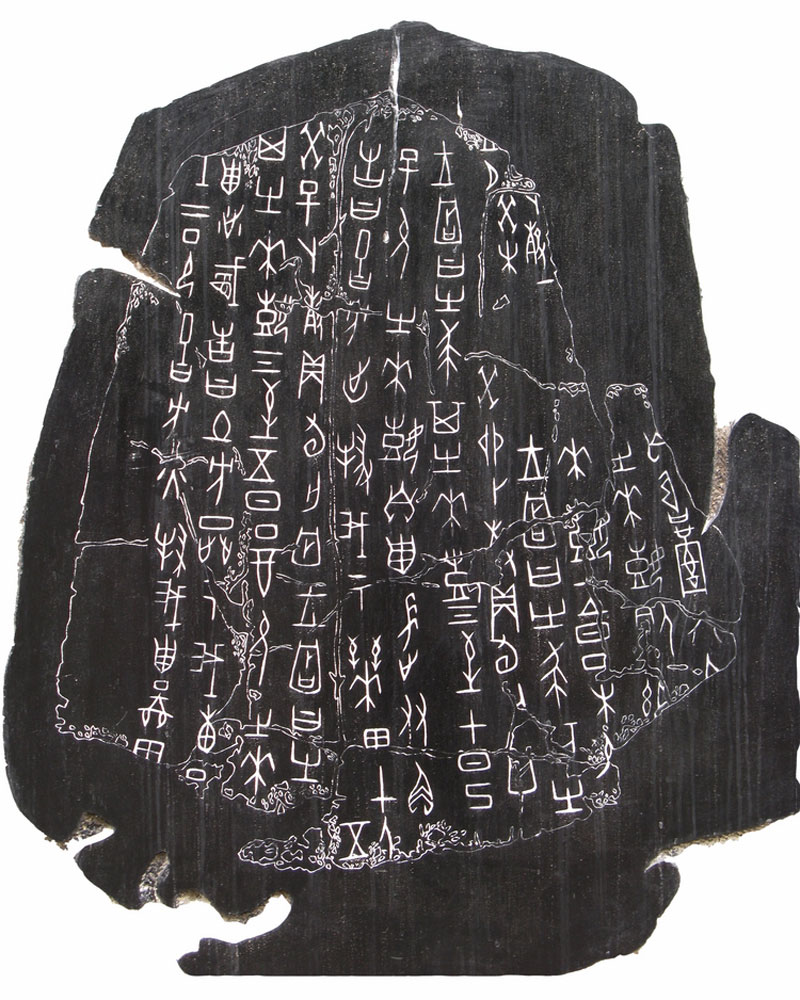
Some 3,200 years ago an early Chinese king named Wu Ding analyzed cracks that appeared on animal bone and predicted that his own kingdom would suffer "calamities." When this prediction came true he had the results engraved on a piece of cattle scapula (pictured here). Today this scapula is one of roughly 150,000 examples of what we call oracle bones.
At the time it was expected in Shang Dynasty China that rulers should be able to predict the future by analyzing cracks that appear when you apply heat to a cattle scapula or turtle plastron. A record of their divination would then be inscribed on it.
In the case of Wu Ding he claimed to predict that "there will be calamities; There will be (someone) bringing alarming news." It goes on to say that this royal divination came true with an officer reporting that two enemy groups had attacked them, "the Tufang have attacked in our eastern borders and have seized two settlements. The Gongfang likewise invaded the fields of our western borders." (Translation from book "Sources of Chinese Tradition volume one," 1999)
Antiochus VIII / Star of Destiny
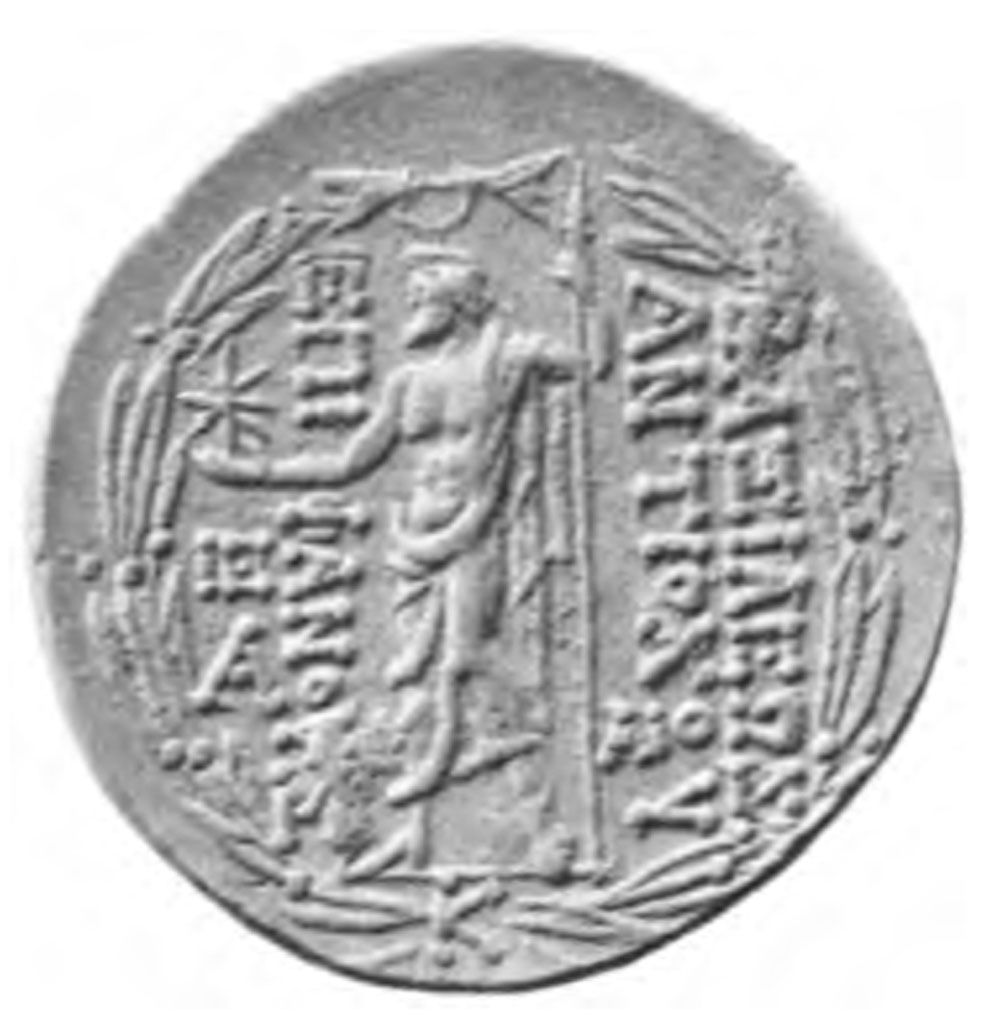
In 121 B.C. Antiochus VIII became sole ruler of the Seleucid Empire by having his own mother, Cleopatra Thea, put to death. She was a domineering figure who shared the throne with the king and had previously murdered his brother. The Seleucid Empire was based in Antioch, in southeast Turkey, and had been in decline for some time. [Top 12 Warrior Moms in History]
Near the beginning of the king's rule he minted an enigmatic coin with Zeus holding a scepter in his left hand and a starlike figure hovering above his right. Recent research by Robert Weir, a professor at the University of Windsor in Canada, suggests that this star was actually Jupiter and the coin represents a time on Jan. 17, 121 B.C. when the planet was blocked out by the moon. This event happened shortly before Antiochus made the decision to kill his mother and take control of the throne.
Weir's research suggests that this occultation may have been interpreted as a good omen for Antiochus. "This means that there might be a great king coming, or being born — in Syria, because Cancer governs that part of the world the ancient astrologers believed," he said in an interview a year ago with the website Unreported Heritage News.
Croesus / 'He will destroy a great empire'
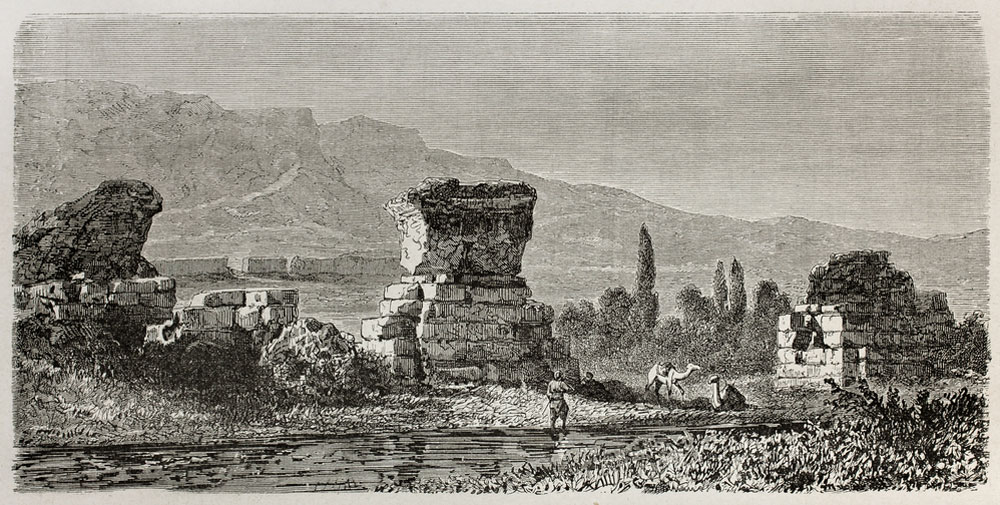
Ruling more than 2,500 years ago, Croesus was a king of Lydia, a wealthy empire located in modern-day Turkey that was the first in the world to mint coins. [10 Rare US Coins]
But while Croesus had lots of gold, his political situation was precarious. To the east, the Persians under Cyrus the Great were growing in power, capturing territory throughout the Middle East. Croesus decided to seize the initiative and attack the Persians first. According to legend he consulted the Oracle at Delphi (Pythia) and asked whether this was a good idea; the oracle replied that if the king went to war, "he will destroy a great empire."
The war ended in disaster. A battle fought at the Halys River ended in stalemate and winter set in. Croesus decided to disband his armies, expecting the Persians to do the same. Cyrus, however, did not. Instead he pursued the Lydian King, capturing him at Sardis. A great empire had been destroyed — that of Croesus.
Daniel / Rise of Alexander the Great
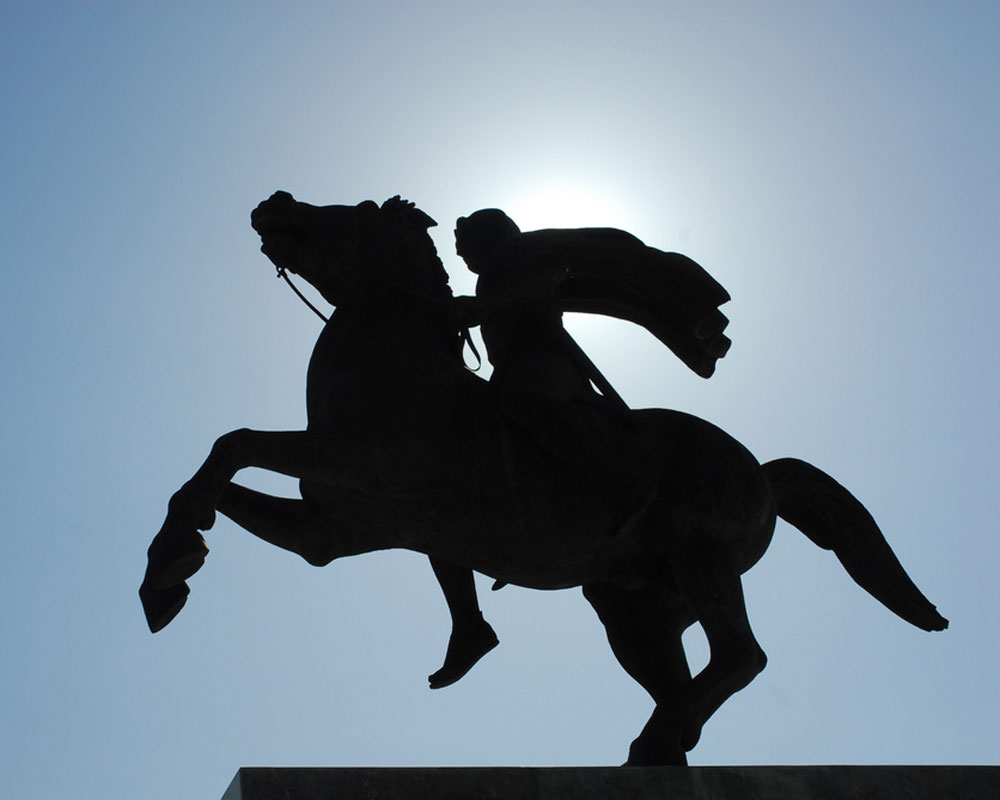
Daniel was a young Jewish man sent into exile in Babylon at the time of King Nebuchadnezzar II in the sixth century B.C. The Book of Daniel (part of the Hebrew Bible) discusses his time there.
One story tells of a vision he had in which Babylon is controlled by the Persians until a king from Greece (presumably Alexander the Great) conquers them.
"Now then, I tell you the truth: Three more kings will arise in Persia, and then a fourth, who will be far richer than all the others. When he has gained power by his wealth, he will stir up everyone against the kingdom of Greece. Then a mighty king will arise, who will rule with great power and do as he pleases. After he has arisen, his empire will be broken up and parceled out toward the four winds of heaven ..." (From Daniel 11:2, New International Version)
This story is cited by biblical scholars who argue that the Book of Daniel must have been written sometime after Alexander the Great's death in 323 B.C.
Julius Caesar / Ides of March
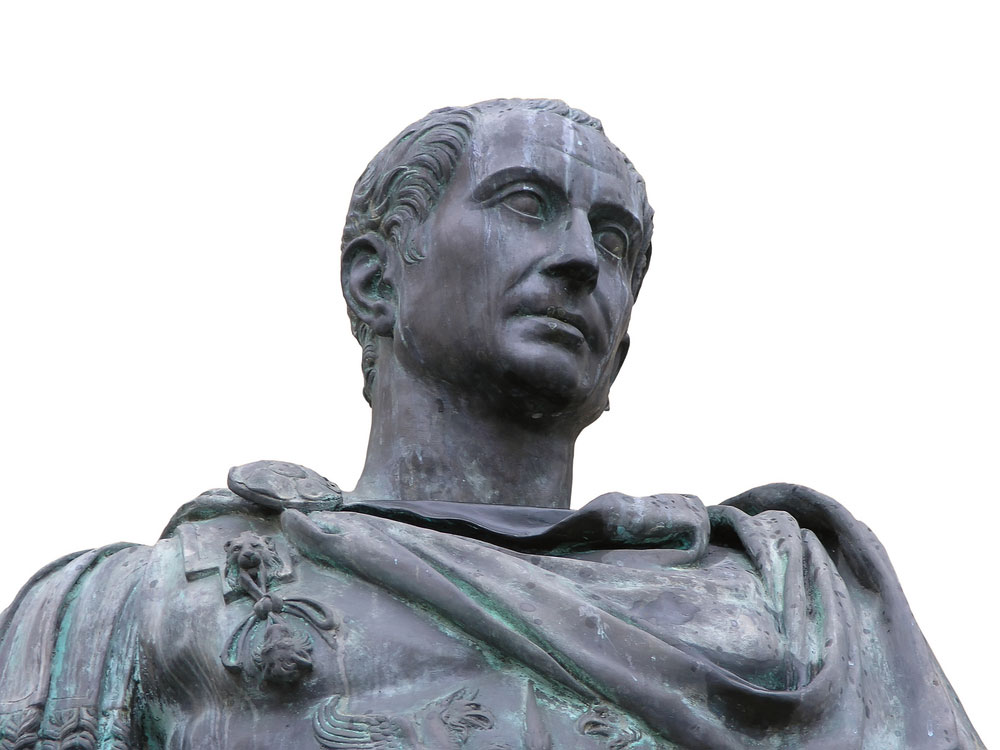
According to the ancient writer Suetonius, Julius Caesar was warned by a seer named Spurinna that his death would come no later than the Ides of March, the 15th of the month. Caesar chose to ignore it.
"He entered the Senate chamber, dismissing religious scruple and mocked Spurinna for making false predictions, since the Ides of March had come and brought no harm," wrote Suetonius in "Lives of the Caesars" (Oxford University Press, 2001). "Spurinna, however, replied that though they had come, they had not yet gone."
Caesar took his seat in the Senate chamber and the rest, as they say, is history.
(Translations by Catharine Edwards)
Hadrian / The emperor to be
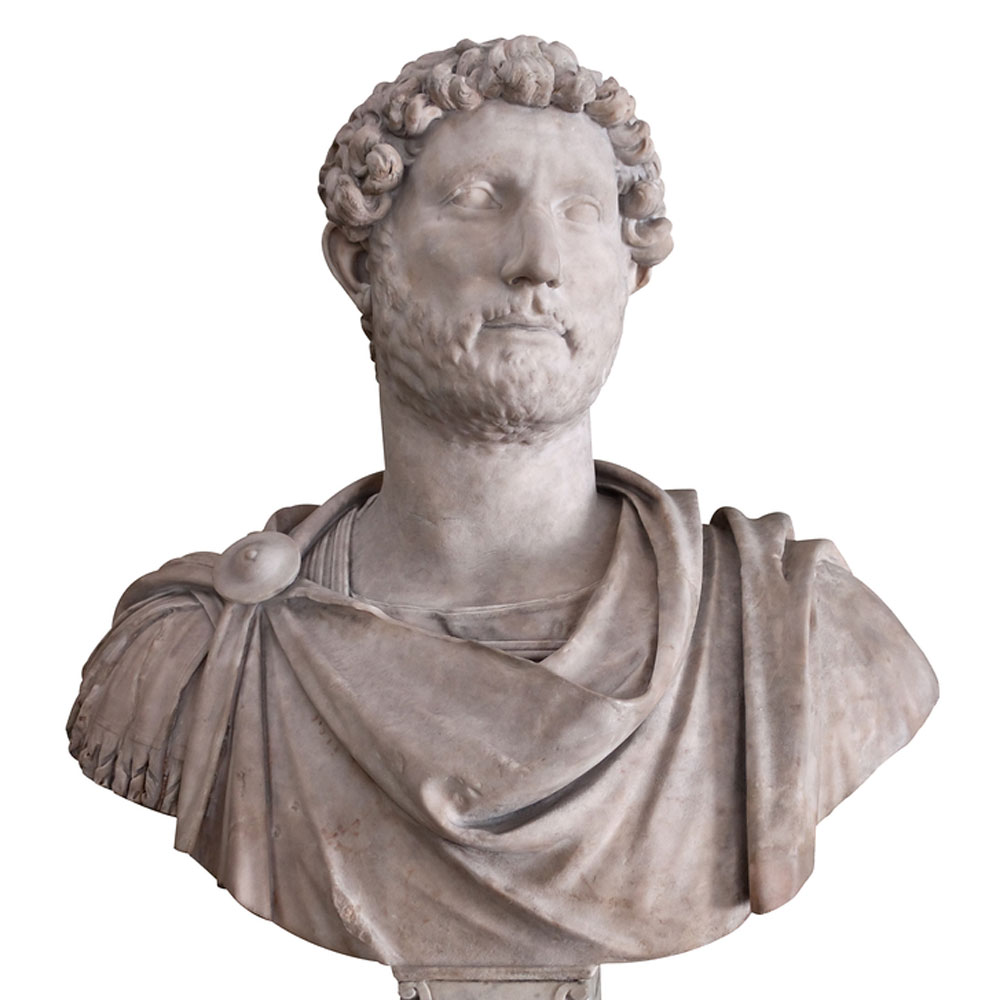
Hadrian was the adopted son of Trajan, a Roman Emperor, and succeeded him after his death in A.D. 117. According to an (apparently) ancient writer named Aelius Spartianus his rise to the throne was foreseen by his biological grandfather Aelius Hadrianus Marullinus, an avid astrologer who is quoted in the manuscript as being his "great uncle."
After Hadrian was adopted by Trajan, "he heard from an astrologer the same prediction of his future power which had been made, as he already knew, by his great-uncle, Aelius Hadrianus, a master of astrology," wrote Spartianus.
Hadrian would go on to consolidate the empire, fortifying its borders and pulling back from territories conquered in Mesopotamia and Scotland.
Nostradamus / Henry II's death
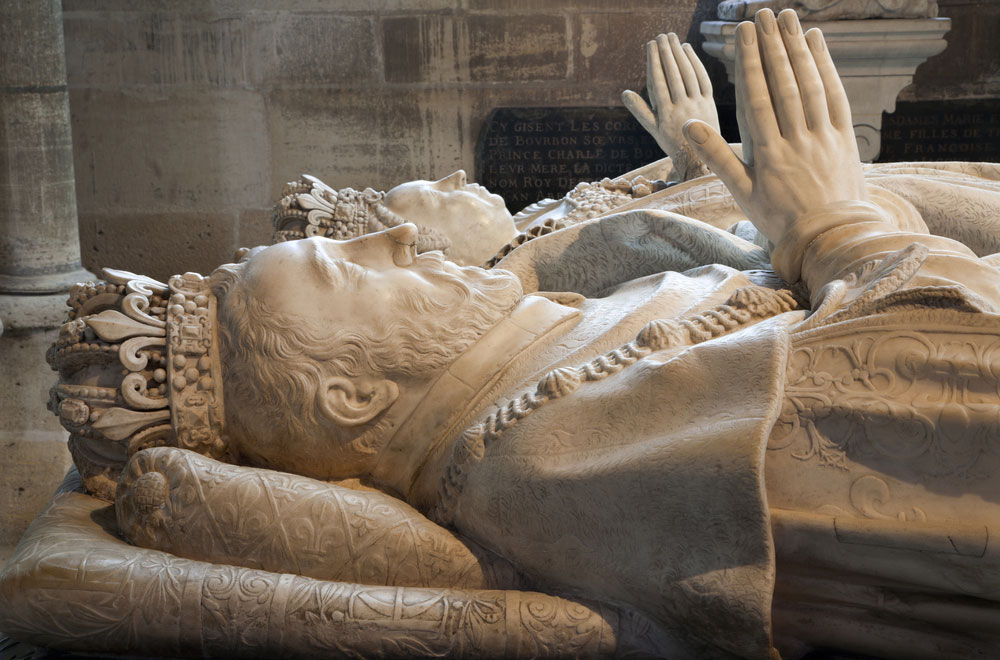
Nostradamus, the 16th-century apothecary, is quite possibly the most famous seer of all time. His supporters claim that his enigmatic quatrains have predicted a variety of historical events including the Great Fire of London and the rise of Adolf Hitler. Skeptics say that the vagueness of his predictions makes them easy to fit them into different moments in history.
One of his most famous quatrains is said to have predicted the death of King Henry II of France in a jousting tournament. It reads, in translation from French:
"The young lion will overcome the old one On the field of battle in single combat: He will put out his eyes in a cage of gold: Two fleets one, then to die a cruel death."
Translation from the book "Dreams and Illusions of Astrology" by Michel Gauquelin, (Prometheus Books, 1979). There are variations on the translation depending on the source.
Tecumseh / 1811 earthquake
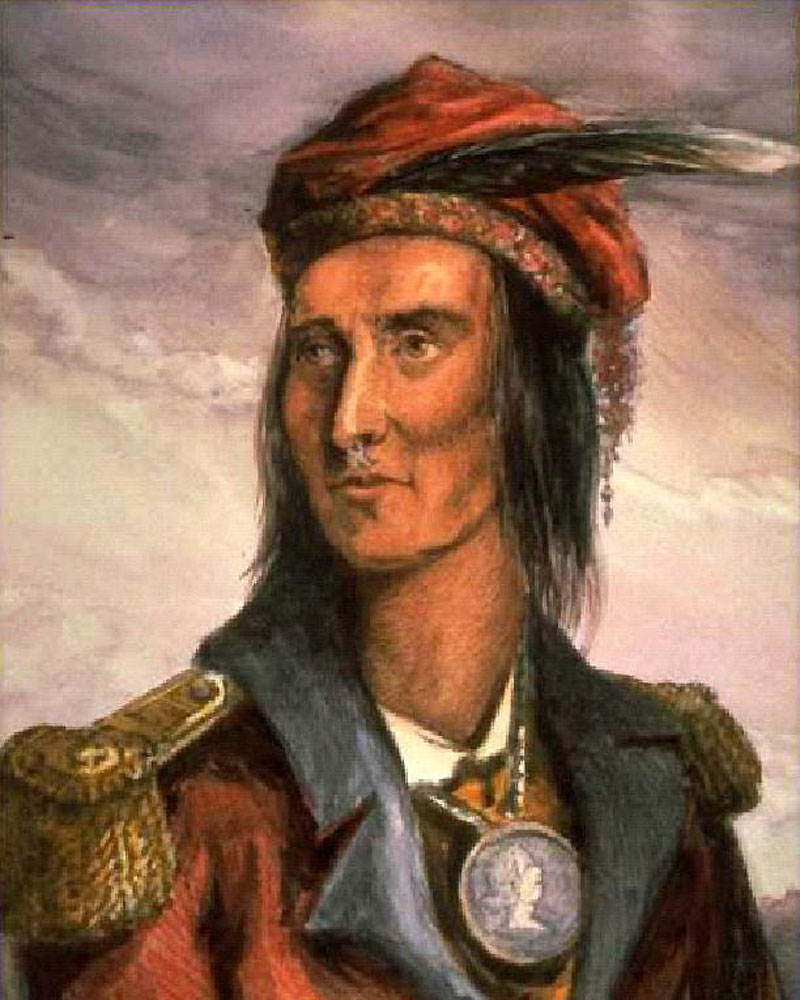
Tecumseh was a Shawnee leader, warrior and prophet who travelled around the central United States trying to convince Native Americans to resist attempts by American settlers to encroach on their land. According to legend he gave a speech at Tuckabatchee, a Creek settlement in Alabama, in which he predicted a great earthquake would hit the area soon.
"You do not believe the Great Spirit has sent me. You shall know. I leave Tuckabatchee directly, and shall go straight to Detroit. When I arrive there, I will stamp on the ground with my foot and shake down every house in Tuckabatchee."
The prophecy came true, and on Dec. 16, 1811 a massive quake centered in New Madrid Missouri rocked the United States, with damage occurring throughout the young country.
Text of Tecumseh's speech from the book After the Earth Quakes: Elastic Rebound on an Urban Planet (Oxford University Press, 2005).
Napoleon III
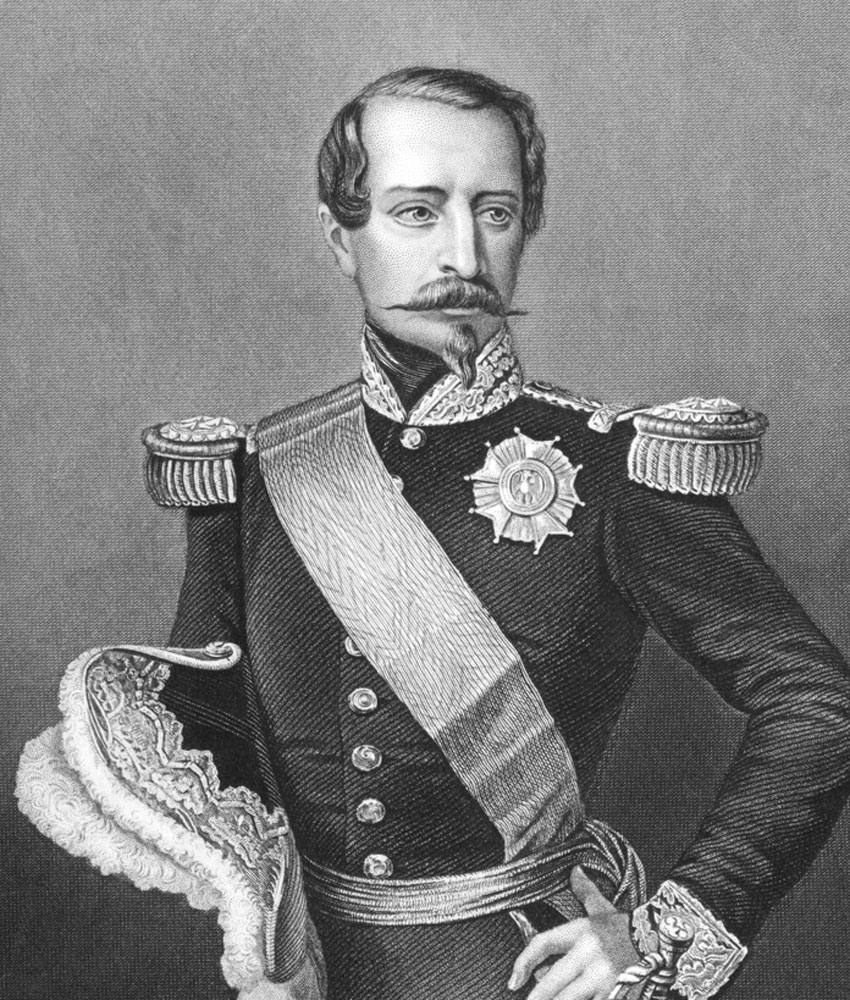
The Bahá'í faith was founded in the 19th century by Bahá'u'llá, a Persian who adherents believe was a messenger of god. In 1869, with French Emperor Napoleon III set to go to war with Prussia, Bahá'u'llá wrote the emperor telling him that his desire for war would be his downfall.
"For what thou has done, thy kingdom shall be thrown into confusion, and thine empire shall pass from thine hands, as a punishment for that which thou has wrought. Then wilt thou know how thou has plainly erred ..."
The prediction was correct, Napoleon III was defeated and captured at the Battle of Sedan on Sept, 1, 1870. Then on Jan. 28, 1871m Paris fell after a five-month siege. In the settlement that followed, France had to yield the territory of Alsace-Lorraine to the newly unified Germany and Napoleon III's rule came to an end.
Babe Ruth / Calling the shot

Babe Ruth may not have been a world leader, but he was the king of baseball. The 1932 World Series, held in the midst of the Great Depression, was a wild affair between the New York Yankees and the Chicago Cubs.
Game three was played in Chicago, and with New York leading the series two games to zero, the Cubs were getting angry. In the fifth inning, with the score tied, Ruth came to bat. He had already hit a three-run homer in the first inning, and his appearance was greeted with name calling from the Cubs' bench.
Up against pitcher Charlie Root he took a called first strike, then two balls and another called strike. At this point it's not clear what happened. Amateur film taken by Matt Miller Kandle Sr. shows him gesturing, but to where?
The next pitch was a curveball and Ruth nailed it, sending it over the center-field wall. Baseball fans still argue over whether the Babe really called his shot. In 1942 Ruth and Root met again during the making of the film "Pride of the Yankees." Root is said to have asked him whether he really called the shot, to which Ruth laughed and replied "I know I didn't, but it made a hell of a story, didn't it?"
Sign up for the Live Science daily newsletter now
Get the world’s most fascinating discoveries delivered straight to your inbox.

Owen Jarus is a regular contributor to Live Science who writes about archaeology and humans' past. He has also written for The Independent (UK), The Canadian Press (CP) and The Associated Press (AP), among others. Owen has a bachelor of arts degree from the University of Toronto and a journalism degree from Ryerson University.










